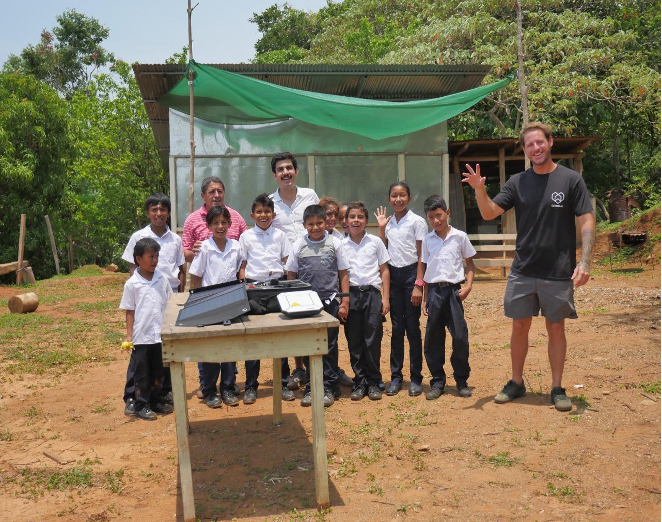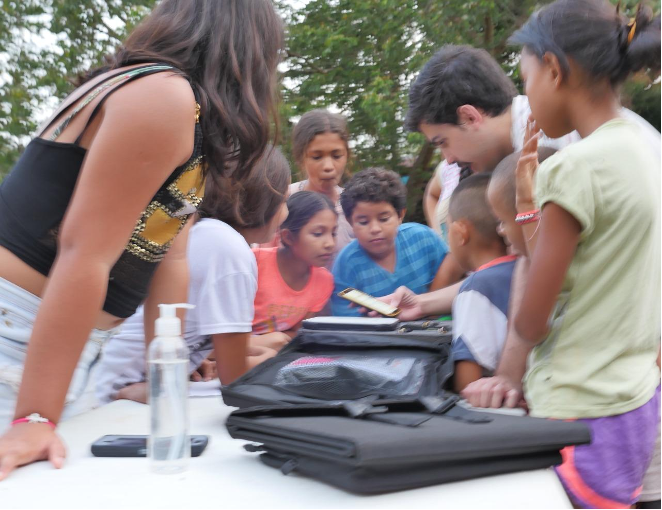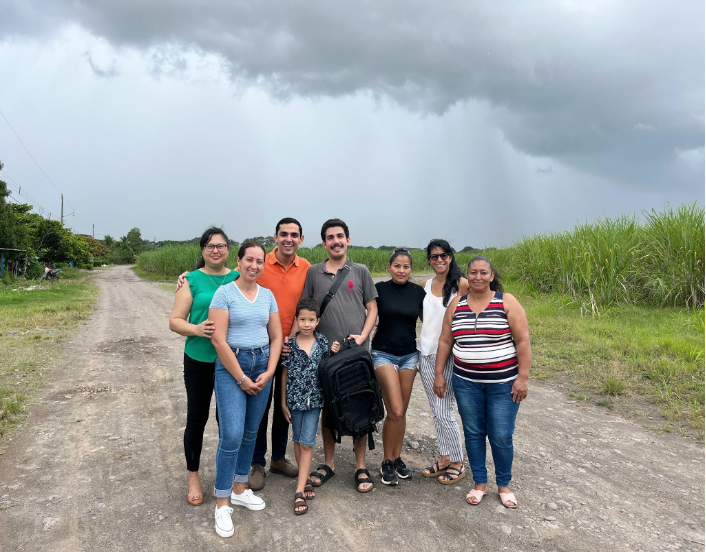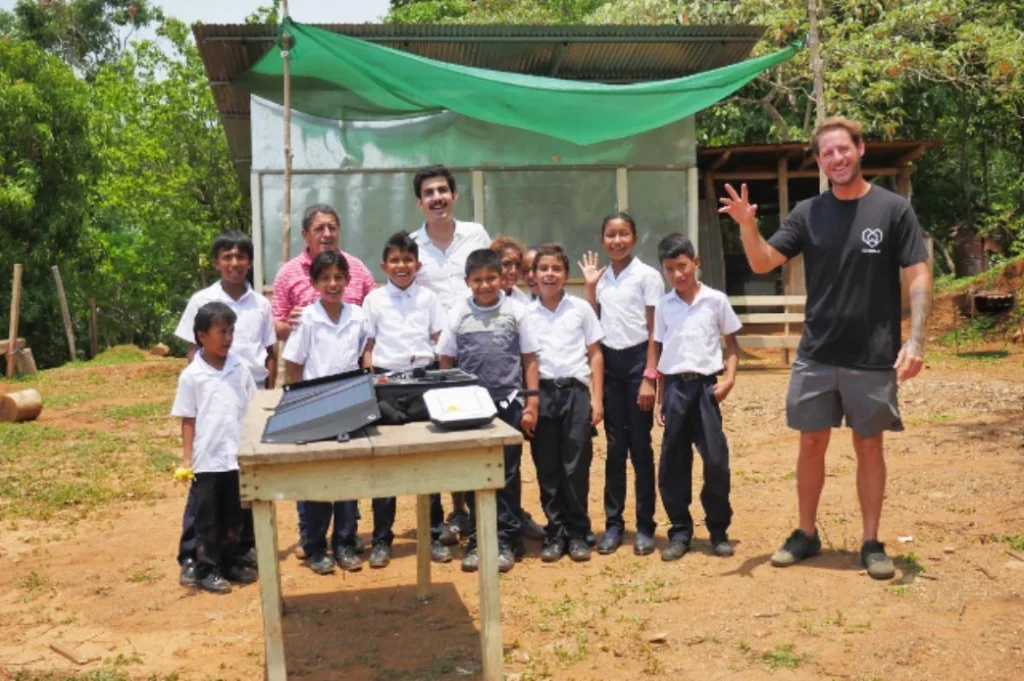In Costa Rica, approximately 600,000 persons currently do not have an Internet connection. This creates a digital gap that is more extreme between the Central Valley and the coasts and rural areas, where underserved and poor communities have been left behind in the challenge to connect all citizens. For years, many of these communities have fought an uphill battle to bring attention to this digital gap and obtain solutions, only to keep finding themselves in the same place. Lack of Internet connectivity has affected communities in important ways, as the Internet is one of the most important tools today for accessing education, employment, healthcare, and even democratic processes. The delay in access to these basic services, which are considered to constitute basic human rights, has contributed to underdevelopment and extreme poverty in these communities. There appears to be no rapid solution from local and federal institutions to resolve these digital gaps.

Within this context, the DemoLab team partnered with the Internet Society Foundation and Syracuse University to provide a short-term and efficient solution to mitigate the digital gap in Costa Rica. Initially, the team mapped out the areas in Costa Rica where Internet connectivity lagged the most, using the Social Progress Index created by INCAE Business School. After these areas were mapped out, the team worked closely with community leaders and members to identify communities that would be most positively impacted by access to Internet connection. Through this process, they identified communities and better understood their specific needs. The team gained an entirely new perspective on how communities adapt their realities and lived experiences to shared Internet connectivity.

Following identification of these communities and a period of introduction and relationship and trust building, the DemoLab team presented community residents with the solution of the Internet Backpack. Although the backpack was initially created as a temporary solution to restore Internet connectivity in conflict zones and areas impacted by environmental disasters, it was quickly recognized as a tool that could also be used in non-emergency and daily activities to connect unserved and underserved communities around the world, including those that are remote and rural, that had no Internet connection. The backpack connects to the Internet either through a satellite connection (to use in more remote communities), or a cellular connection (to use in communities that have access to some sort of connectivity infrastructure).


